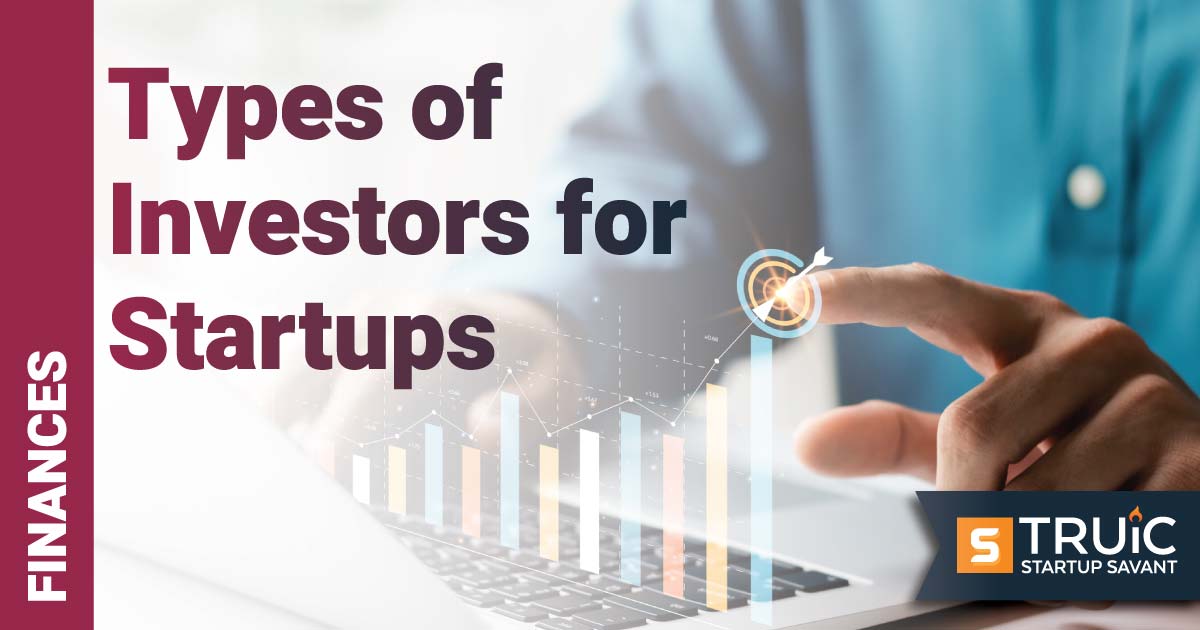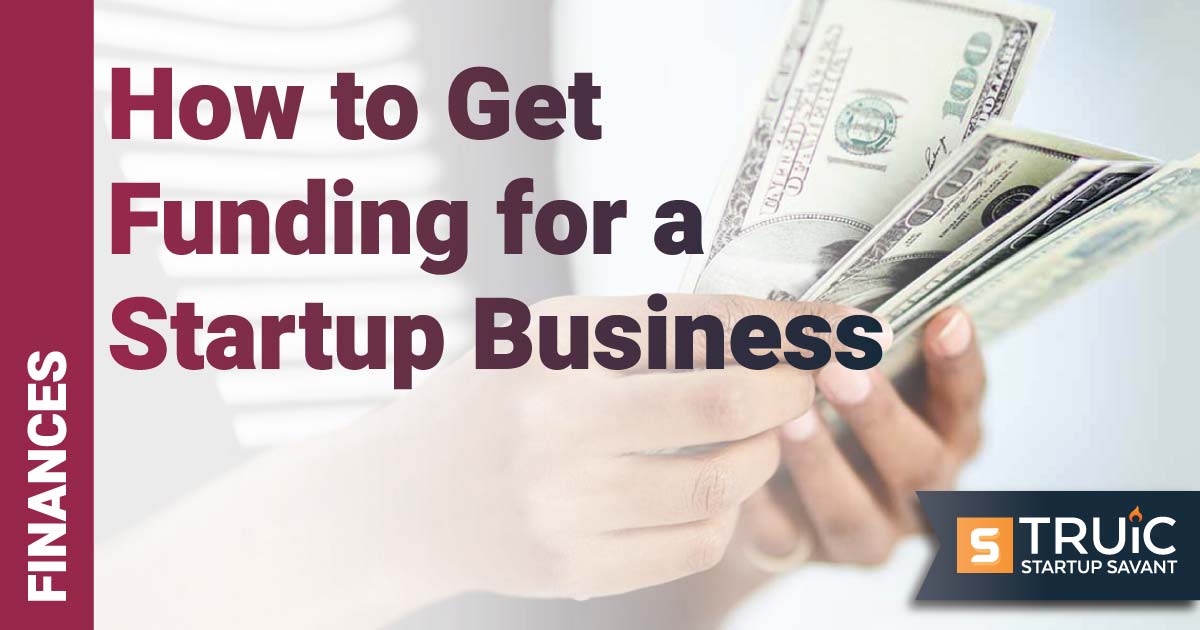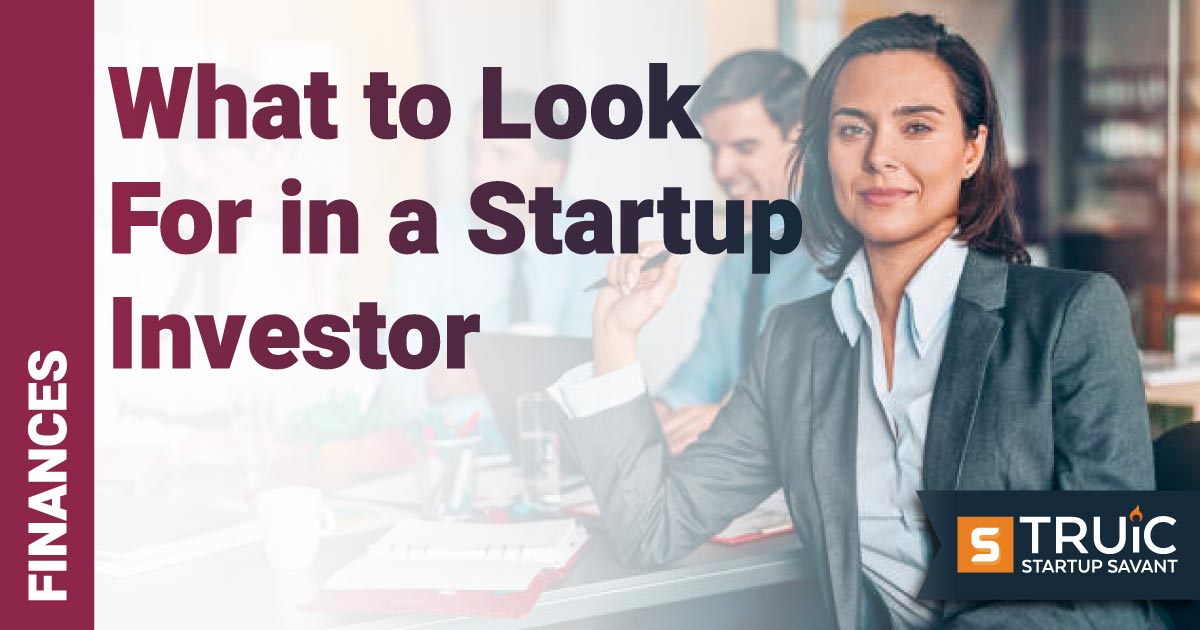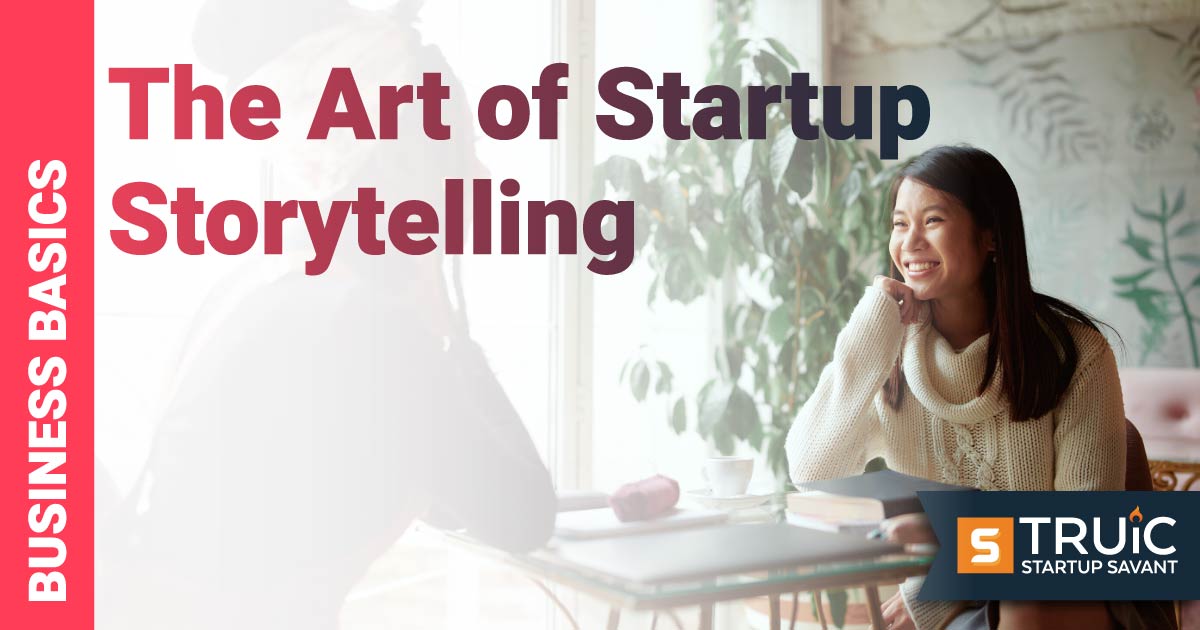6 Types of Investors for Startups

Last Updated: By Carleigh Foutch
The correct type of funding can be the momentum your business needs to propel it to success, but it can be hard to know where to start looking or which investors to reach out to. Your startup is as unique as you are, and each one won’t need the same type of investor.
There are six main types of investors to choose from. From banks to venture capital funding, we’ve covered each type, as well as the best time to pursue them in order to make the most of your money.
Types of Startup Investors to Consider
Just like a good idea can come from anywhere, so can the funding needed to take your startup to the next level. There are plenty of investor avenues for entrepreneurs to seek out, and there’s no one-size-fits-all approach. The following list is designed to give you a better idea of what funding your startup needs based on its current state, as well as the best way to secure it.
1. Friends & Family
Everyone has to start somewhere, right? This type of investor can be a great resource to not only bounce ideas off of but to rally folks in your community around your business idea, too. Another plus is that loans from family and friends come with little to no interest, so you can stretch this funding a little further as you’re just starting out.
When you find yourself scratching your head about who to turn to or feel like you’ve exhausted your options, ask yourself if you’ve talked to everyone you know. It doesn’t just have to be immediate friends and family, you could reach out to:
- Your great-aunt
- An old coworker or boss
- A professional mentor
- Old professors or teachers
- Neighbors and other community members
When to Secure This Type of Funding
This is a great ground-level investor to go to if you’re just starting out and need some rudimentary funding (typically anywhere around $1,000–$200,000, depending on who you talk to) just to hit the ground running. Because there might not be a ton of physical proof or evidence of something to invest in (yet), you’ll have to get friends and family to invest in you and your idea. The good news is that these are people who already know you – when they see how much passion you bring to your business, the money will be sure to follow.
2. Banks
While going to a bank or government agency to secure funding isn’t the most “traditional” type of investor route, it doesn’t mean that it isn’t beneficial. Whereas your family and friends might not be so strict with their money, the bank will definitely need more collateral (typically valued at the price of your loan request) before they give you any funding.
SBA microloans provide anywhere from $15,000 to $50,000 in funding and can be a great starting point for entrepreneurs, especially women-owned startups or startups operating in lower-income areas. Interest rates are typically around 8%–13%.
Banks vs. Government Agencies
For those who would rather not immediately seek out a bank loan, there are plenty of government agencies that provide grants to startups. Many entrepreneurs gravitate toward grants rather than loans since grants are given without the expectation of being paid back at a later date, however, most grants do require businesses to be operational for at least six months before providing funding.
Check out your local government’s website to see what offerings they have available, or grants.gov for plenty of new funding options (this list is current and routinely updated).
When to Secure This Type of Funding
Because banks and government agencies are more strict when it comes to providing funding, entrepreneurs should carefully weigh their options before pursuing this particular investor. Don’t be intimidated, though—you just need to make sure all of your T’s are crossed and I’s are dotted. These types of investors want to know exactly where their funding is going to go and expect you to have the evidence to back it up, as well as the ability to repay the loan when the time comes.
3. Peer-to-Peer Lending
Peer-to-peer lending (or P2P lending) is another great way to secure funding if you don’t want to take out a loan from the bank. This type of funding is great for startups who need short-term funding, as it’s typically a quick application and approval process (most P2P loans get the funds dispersed within a day).
Before you take the first loan you can find, it’s important to do your research and find one that fits your repayment needs and budget. Repayment terms range between six months and five years, which could mean a higher monthly payment. Take the time to compare as many P2P loans as you can to find the one that fits your business’s needs.
When to Secure This Type of Funding
P2P loans are the perfect funding for entrepreneurs whose credit might not be up to par to secure a bank loan, who want to avoid collateral, or who need fast funding ASAP. As previously discussed, these types of investors work better for short-term funding as interest rates can be anywhere from 6% to 36%. However, many of these loans come with fees during the initial application process (origination fees range from 1% to 7% of the loan amount), which is another reason why it’s important to do your research.
4. Accelerators/Incubators
Accelerators or incubators are wonderful investment opportunities that not only allow startups to secure funding but actually test out demo products and workshop ideas. These programs are interested in high-potential business ideas, so it’s important to bring your A-game to the application process.
Funding varies for each program, however, it’s usually in the neighborhood of $150,000–$500,000. Depending on the success or potential of your product, some accelerators and incubators may invest in your overall business, meaning they get a slice of equity when all is said and done.
Accelerators vs. Incubators: Which One to Choose?
While these two types of investors seem similar, there are a few distinct differences to be aware of when it comes to finding the one that best suits your startup.
Accelerators are ideal for early or mid-stage founders as they offer:
- A cohort-based environment
- Ways to turn your startup into a scalable business
- Further education on fundraising, product development, marketing, etc.
- Potential mentorship and investment opportunities
Whereas incubators are better suited for early (or even early early-stage founders) as they offer:
- Guidance on overall product development
- Access to resources and a shared workspace with other entrepreneurs
- Help running experiments on product demos to make it market ready
- Potential mentorship and investment opportunities
When to Secure This Type of Funding
Accelerators and incubators should ideally be pursued when your startup has a product demo that needs refining or fine-tuning. Most of these programs require a minimum viable product (MVP) even if your startup is in its early stages, however, as discussed, incubators are a little more flexible with this stage as they can help develop a new idea from scratch.
5. Angel Investors
Angel investors are another great investment opportunity because they oftentimes understand what it takes to run a business better than most. They’re going to invest in your business at the earliest stage (i.e., the “seed” or “angel” stage) because, just like your friends and family, they believe in you and your idea and what it has to offer.
Angel investors are unique because they can also come from anywhere, be it from the C-suite level of a company or another small business owner who wants to invest. Their funding amounts range from $10,000–$100,000, and unlike venture capitalists or accelerator/incubator investors, they typically don’t take a seat on the board of the company. They prefer a more “hands-off” approach from a venture capitalist and want to invest because they genuinely feel passionate about a startup, however, many angel investors will be interested in equity.
When to Secure This Type of Funding
This can be another great investment opportunity for the early stage of your startup. Angel investors will need to feel secure in the success of your company, so the more evidence you can provide on that front, the better. These investors can be great to look for while you’re looking to create your product demo before—or perhaps even at the same time as—looking into accelerator/incubator opportunities. You can find potential angel investors at the Angel Capital Association to get started.
6. Venture Capitalists
Let’s say you’ve successfully gotten family and friends to invest, maybe secured a successful loan or two, and even found an amazing accelerator for your startup that’s deemed it a market-ready company. Now what? It may be time to take your business to the big leagues and look for venture capital funding.
VC firms are where the biggest checks are written. These types of investors are ready to hand over millions of dollars not only in exchange for your startup’s success but also for a seat on the board of directors. Venture capitalists almost always take a seat at the table in order to make sure your company is functioning and operational and that their money is being put to good use.
When to Secure This Type of Funding
Your startup should be a well-oiled machine by the time you start to look into venture capitalist funding. Success should practically be guaranteed, as a good chunk of your investor money will come from them. Remember, all of your hard work has led to this. It’s your time to shine.


